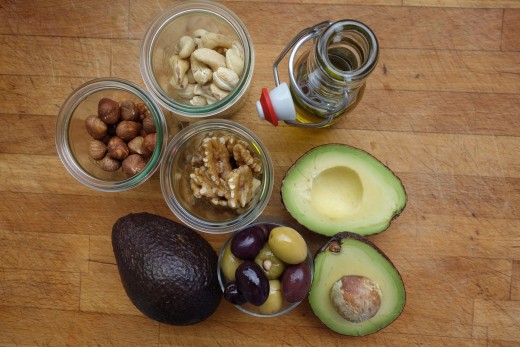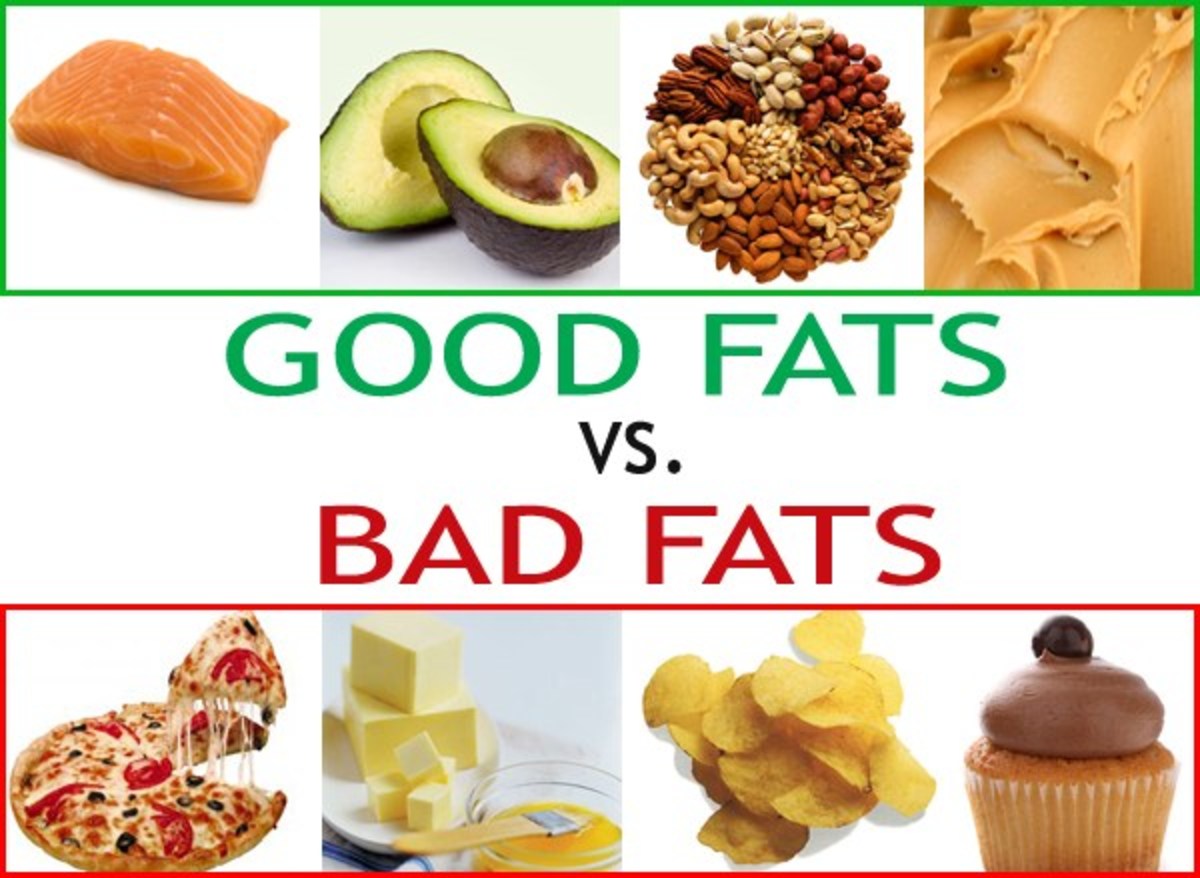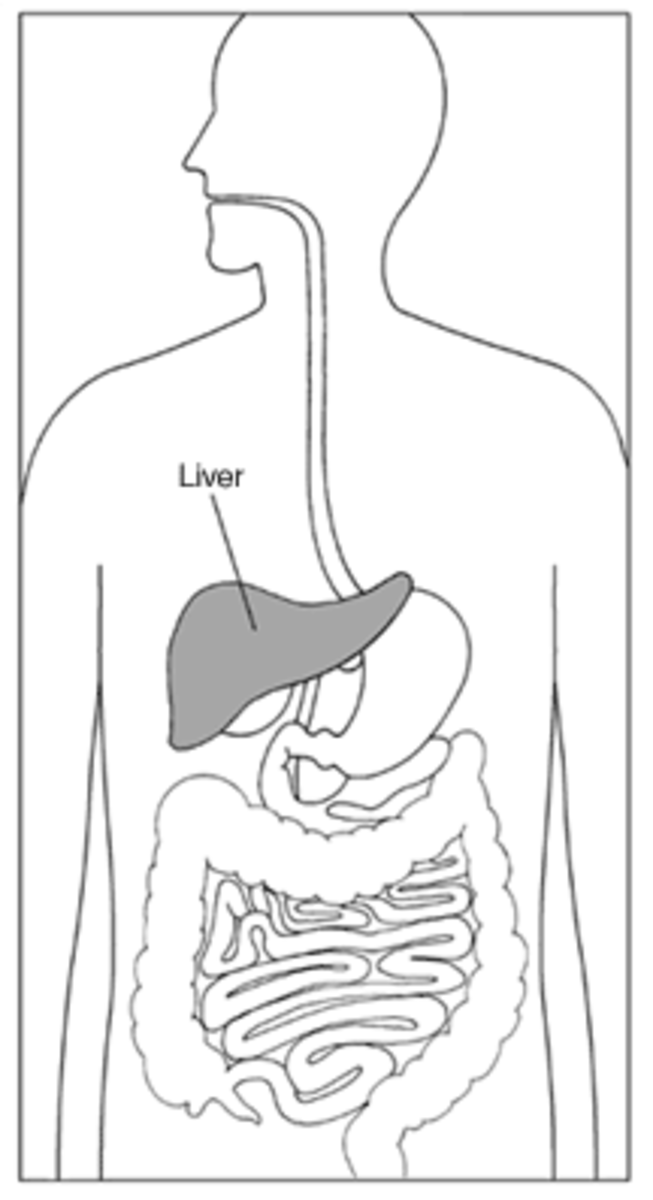10 Secrets of Good Health
Health can be defined as a physical, mental and social well-being for living a full life. It includes a healthy diet, exercise and a good sleep. All these when done according to your body needs will make you healthy. Let us have a look at the secrets of good health.
Eat more fruits and vegetables
Fruits and vegetables are good source of high dietary fibres along with vitamins and minerals. They make you feel healthy and feel energized. Eating fruits and vegetables may reduce the risk of many diseases including heart disease, high blood pressure, type 2 diabetes and some cancers. It helps you to reduce obesity and maintain healthy weight.
In your daily diet you can include
- An apple/guava/banana.
- Handful of cherries/raspberries.
- A tablespoon of dried fruits.
- A cup of cooked vegetables.
- A cup of raw vegetables.
According to the Dietary Guidelines for Americans it is recommended that adults should have 3 cups of vegetables and 2 cups of fruits daily.

High fibre foods
Fibre rich food includes fruits, vegetables, beans, legumes, grains and oats. High fibre foods has many health benefits, rather than promoting weight loss it keeps your heart healthy and lowers the cholesterol levels in the blood. It moves quickly through your digestive system and keeps your gut healthy. According to Dietary Guidelines for Americans, an adequate intake of fibre for
Adult men - 33.6 grams.
Adult women - 28 grams.

Fatty fish
Fatty fish like sardines, salmons, trouts, mackerel and tunas are high in omega 3 fatty acids, which prevents thickening of blood and formation of blood clots. Besides omega 3 fatty acids they are also a good source of protein, calcium and magnesium. Consumption of omega 3 fatty acid is very beneficial for your body and brain. Our body can't make these fatty acids itself, so they must come from food.
People who don't like fish can find these fatty acids in variety of other sources like soyabean products, walnuts, flaxseeds, wheat germ and canola oil. American Heart Association has recommended that people should eat fish rich in omega 3 fatty acid atleast twice a week.

Avoid bad fats (saturated fats)
These fats are found in meat, cream, butter,cheese etc. Eating foods that contain saturated fats raises the level of cholesterol in your blood. High level of LDL cholesterol in your blood increase the risk of heart disease. Eating of saturated fatty foods like fatty meat, fried items, cakes, cream biscuits should be avoided. You can replace these bad fat foods with whole grains, low fat dairy products, fish and nuts while limiting red meat, sugary foods, full fat milk and fatty milk products. The American Heart Association recommends only 5% to 6 % of calories from saturated fats.

More Unsaturated fats
Unsaturated fats are considered as "beneficial fats" or "good fats". These fats can improve heart health by lowering blood cholesterol levels. It lowers the risk of heart disease and stroke. These fats are found in foods from plants such as vegetable oils, nuts and seeds. Olives, walnuts, avocados, flaxseeds, sunflower, soyabean and olive oil are also a good source of Unsaturated fats. Dietary Guidelines for Americans recommends that 25% to 35% of your daily calories intake should come from fats, mostly Unsaturated fats.

High starch foods
Starchy food includes bread, pasta, brown rice, cereals, oats and other grains like rye and barley. These foods are important source of energy, they make us feel healthy and energized. After eating, they are broken into glucose, which is body's main fuel, especially for our brain. It's also lowers the risk of heart diseases, stroke and type 2 diabetes. Dietary Guidelines for Americans recommends that starchy food should make up 1/3rd of our diet.

Less sodium intake
Main source of sodium is table salt. An average American eats 5 or more teaspoons of salt each day. This is about 20 times more than our body needs. Eating more salts causes high blood pressure, fluid retention leading to swollen legs and feets. Avoid consumption of salty foods items like chips, fried items, dried fish, canned foods, salted nuts, canned beans etc. Eat more home cooked meals, low sodium foods. Cut your sodium intake to less than 2,000 milligrams per day.

Exercise daily
Exercise is necessary for everyone. It maintains physical fitness and overall health and wellness. Regular exercise is one of the best thing you can do for your health. Daily walk for 30 minutes is must. From your busy schedule you must take out time for exercise to maintain your health. It helps your risk of chronic diseases and keeps you fit.

Drink lots of water
Your body needs water to carry out its functions. The more water you drink your body can easily carry out its functions. An indication that you may not be drinking enough water is the colour of your urine, make sure it is clear. Drinking sufficient water can boost your metabolism and helps to flush out toxins. Being dehydrated can have negative effects on your body and brain. It can cause headaches, migraines, fatigue and constipation.

Plenty of sleep
Sleep is just as important as regular exercise and healthy diet. Healthy sleeping habits can make a big difference in your quality of life. Good sleep maintains mental, emotional and physical health. An adult requires about 7-9 hours of sleep daily. Poor sleep can have negative effects on your hormones and it can also cause you gain weight.

Overall, these secrets of good health are easy to follow one can lead a healthy life by following these simple guidelines. Though good health is our first priority we must follow these steps and stay healthy.








